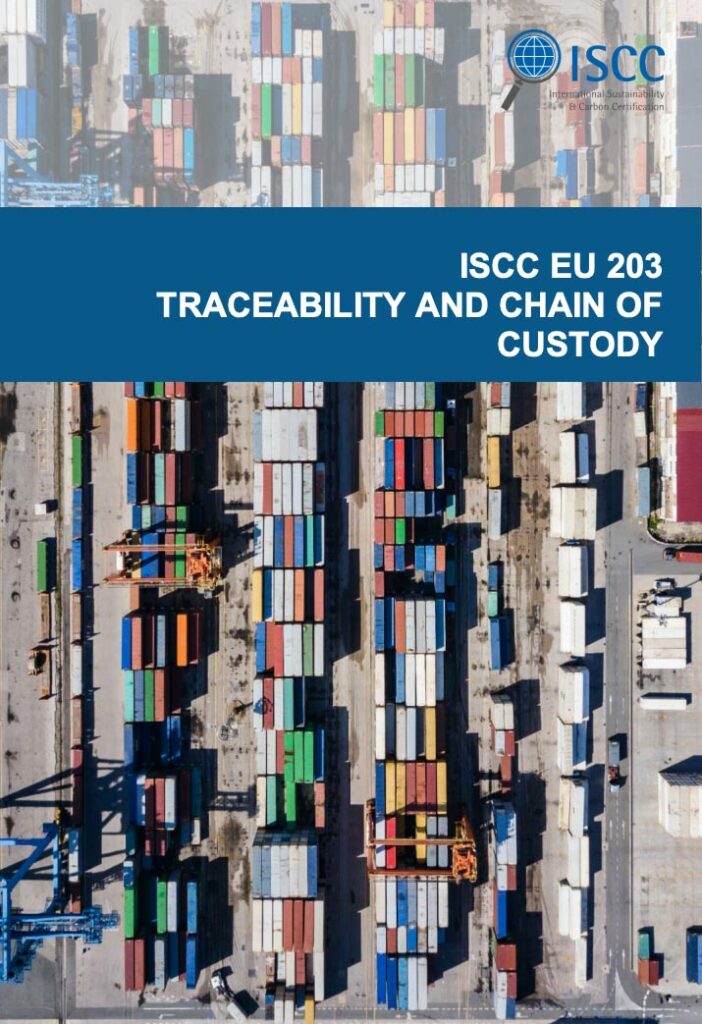What is a surveillance audit and when must a surveillance audit be conducted?
Mandatory surveillance audits have to be conducted by the certification body six months after the first (initial) certification of any economic operator in a high-risk supply chain. A high risk applies to economic operators that are collecting, processing, storing or trading materials, which may be eligible for extra incentives in individual EU Member States (e.g. double-counting), such as waste and residues or waste and residue-based products.
For collecting points and traders that are dealing with both waste and residues (e.g. used cooking oil or animal fat) and with virgin vegetable oils (e.g. palm oil, rapeseed oil), a surveillance audit shall be conducted three months after the first (initial) certification (covering the first mass balance period). This surveillance audit shall be conducted in addition to the surveillance audit that has to take place six months after the first certification and shall follow the same risk-based approach. This additional surveillance audit three months after the first certification may be conducted remotely if a risk assessment for the individual system user by the certification body has demonstrated a regular risk. If the risk assessment has shown a risk higher than regular, the surveillance audit shall be conducted on-site. The surveillance audits should mainly focus on traceability requirements, e.g. the verification of delivery documents and mass balances. Further information about surveillance audits is available in the ISCC document 203: Traceability and Chain of Custody.
ISCC EU 203 – Traceability and Chain of Custody
The requirements described in this document apply to all elements of the supply chain of sustainable materials that have to be covered by certification (farms or plantations, point of origins of wastes and residues, first gathering points, central offices, collecting points for waste and residues, processing units, and traders and storage facilities).
